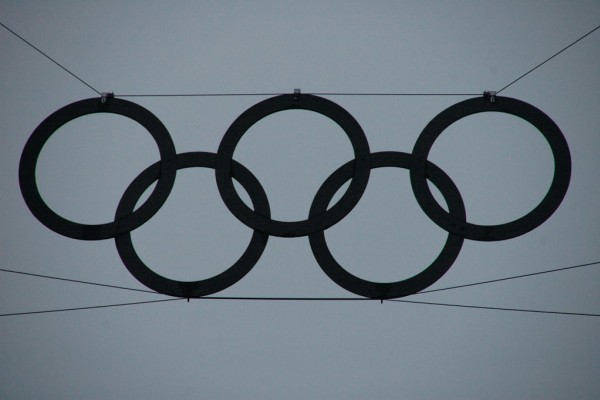Should There Be No Sport?
There is much to criticize about the world of professional sport: its virulent sexism, racism and homophobia, its role in the gentrification of cities, and its ties to corporations involved in innumerable wrongdoings. But Mark Perelman’s target in Barbaric Sport: A Global Plague (Verso, 2012) is not the corruption of sport through commercialism but the very institution of sport itself, which, he claims, is a driving force behind the process of capitalist globalization both in its material and immaterial forms. In his mind sport cannot be redeemed to some pure or natural form, as sport itself is a form of savagery. You can see where this is going.
Perelman’s argument can be summed up as follows: Sport is inseparable from the global games industry, which has its beginnings in the 1936 Berlin Olympics. Nazis did not appropriate the Olympics, rather the nature of sport is congruent with Nazi ideology and laid the foundations for the Second World War with its nationalist bravado, saluting of the flag and so on. The natural heir to the 1936 Olympics is the 2008 Beijing games, which have allowed China to position itself as a dictatorial great power. But, for Perelman, it is not merely the host country that uses the Olympics to assert geopolitical dominance. The Olympic charter itself is a blueprint for a new sporting society, which promotes a philosophy of life, which glorifies suffering, sadomasochism, and “sporting forms of slavery inherited by past and present Stalinist dictatorships.” For Perelman, sport has led to a homogenization of the masses through sporting spectacle. This “sportification of minds” has prevented the masses, and particularly youth, from pursuing their historic role in the coming revolutionary struggle. A tiresome argument unsubstantiated by any historical evidence.
The book is a polemical riposte to the sporting industry, and an attempt to continue the critique of sport begun by intellectuals in the post-May ’68 period as part of a broader critique of everyday life. In this sense its hyperbole makes sense, and at times it is even amusing. But, after only 134 pages, it gets to be a bit much.
Professional sport is undoubtedly a spectacle that, on a global scale, propagates a form of consumer citizenship. It is vector for global capital accumulation through institutions such as the Olympics and FIFA. It also serves the purposes of what some have termed capital’s creative turn, which embraces forms of play and games in the production process. But is it correct to see sport merely as a form of escapism? Are we all being pacified through spectacle? Here I’m not so sure. For many, sport allows for collective engagement around a common project that can be, or at least feel, intensely liberating and, dare we say it, fun. In an environment where mainstream politics is so often dull and alienating, sport allows for some form of active participation with others. Sport is also a site in which broader politics, particularly issues of race and gender, are played out.
I cannot help but feel that the Left’s ambiguous relationship with sport is a direct outcome of generations of weedy socialists still bitter over being chosen last in gym class. Worse still is a form of intellectual elitism seriously harmful to the prospects of building a political project larger than a reading group.
A word of caution to those interested in reading this book: do not do so in close proximity to any parks, sports grounds, schoolyards, or generally any space where people appear to be having fun by means of physical activity. I made this crucial mistake, and came to consider a group of teenage basketball players juvenile Nazis engaged in the destruction of most of the values and ideals inherent to post-Enlightenment society — in the author’s words, not mine.
This article appeared in the July/August 2013 issue of Canadian Dimension (Sports: Views from Left Field).









